The Pros and Cons of Nonprofits Using AI for SEO
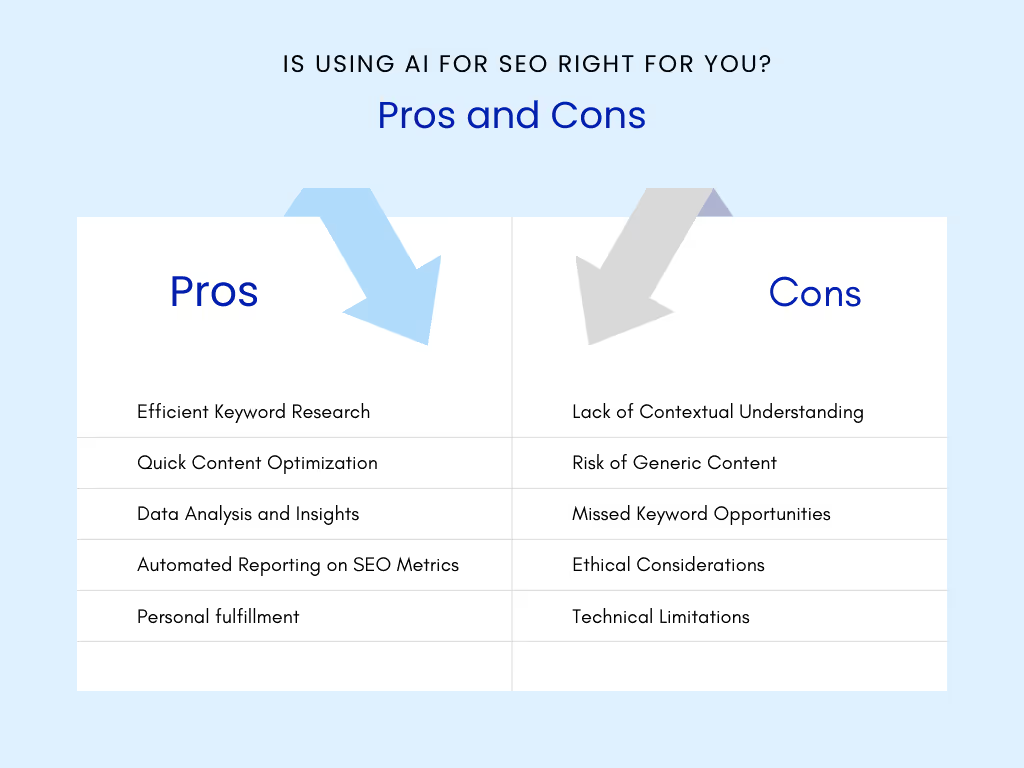
Benefits of AI in Nonprofit SEO
1. Detailed Keyword Research
Running a nonprofit often means juggling multiple responsibilities. With AI tools like SEMrush or Ahrefs, you can shave off hours of work by quickly identifying the best keywords to attract the right people to your website. Imagine you’re part of an environmental nonprofit trying to raise awareness about plastic pollution. Keyword research tools can help you find high-impact keywords like “reduce plastic waste” or “plastic pollution solutions,” giving you a head start on connecting with people who care about your cause.
In just a few clicks, AI can uncover the language your audience is already using – so you can focus on building a message that resonates with them most.
2. Quick Content Optimization
AI can act like your own digital assistant, helping to polish your content for search engines. Some common tools used for optimization are Grammarly or Yoast SEO. It’s not about writing new content from scratch, but rather tweaking what you already have so it works harder for you. For instance, if your nonprofit has a blog post about how education changes lives, an AI tool could suggest ways to make it clearer or help with adding relevant keywords. This boosts the chance of your content reaching more readers without sacrificing its heart.
In short, AI can save you time while still keeping your voice and mission front and center.
3. Data Analysis and Insights
Understanding how people interact with your nonprofit online can be a challenge. AI tools make it easier by analyzing how visitors move through your website and helping you spot patterns that might not be obvious. For example, if you run a nonprofit focused on mental health, AI can help you see which pages are most engaging and where people are dropping off. Armed with this insight, you can tweak your content to keep visitors on your site longer and better fulfill your mission.
AI helps you make decisions based on what’s working, so you can keep improving and growing your impact.
4. Automated Reporting on SEO metrics
Let’s face it – keeping up with SEO metrics can be time-consuming. AI can take care of the heavy lifting by generating regular reports that give you all the key insights at a glance. These reports can show how well your website is doing in terms of attracting new visitors, ranking for keywords, and improving overall traffic. This way, you can focus on the bigger picture – helping your nonprofit thrive – while still keeping track of your progress.
AI-powered reports are like having an extra team member who never gets tired of crunching numbers.
5. AI-Driven Content Personalization
AI can also help nonprofits create more personalized content for their audience. For example, AI tools, like Google Analytics 4, can track how visitors engage with your site and then suggest content that speaks directly to their interests. Maybe your donors are passionate about clean water initiatives – AI can help you tailor your messaging to keep them engaged and inspired to take action.
In short, AI helps you build deeper connections with your supporters by giving them content that feels tailored to their interests and values.
Limitations and Challenges of AI in Nonprofit SEO
Even though AI has a lot to offer, there are some limitations you should keep in mind when using it for your nonprofit’s SEO. Here are a few areas where relying too much on AI could cause issues:
1. Search Engine Algorithm Updates and AI Content
While AI can help you generate content quickly, it’s important to remember that search engines value quality over quantity. Search engines like Google frequently enhance their algorithms to create a better search experience for users. These updates may include the ability to detect and penalize content created by AI that doesn’t meet quality standards.
- AI Content Detection: Google’s algorithms can spot content that’s unoriginal or written by AI, which could mean lower rankings or worse, removal from search results entirely.
- Emphasis on E-A-T (Expertise, Authoritativeness, Trustworthiness): Search engines implement strict guidelines on certain topics. AI-generated content may struggle to demonstrate E-A-T qualities. Content related to certain topics, such as legal or medical information, requires proven experience and authority in the topic to prevent the spread of misinformation.
- Quality Over Quantity: Search engines are all about fresh, updated, and high-quality content. If AI-generated content doesn’t bring anything new to the table, it will be demoted in search results.
- User Experience Focus: If content doesn’t engage users in a meaningful way, it could get downgraded in search results, which would demote your website’s rankings overall.
2. Lack of Context and Sensitivity
As a nonprofit, you’re often working with topics that require a deep level of care and understanding. Whether you’re advocating for mental health, addressing social justice issues, or focusing on community outreach, the way you communicate these topics matters. AI can be a helpful tool, but it might struggle to understand the full emotional depth or cultural context behind your message.
For example, AI might oversimplify a discussion about mental health, using language that feels too clinical or distant for people seeking support. It might also miss the nuances of cultural sensitivity, using phrases that don’t quite capture the meaning or emotional weight of your mission.
3. Risk of Generic Content
Every nonprofit has a story that makes it unique – whether it’s the people you serve, the change you’re driving, or the mission that fuels you. When AI generates content, it tends to focus on broad, general language that doesn’t always reflect the heart of your organization. Over time, relying too heavily on AI could make your content sound bland or impersonal, which may weaken the connection you’ve built with your supporters.
For example, AI might suggest phrases like “helping communities thrive,” which are well-intentioned but don’t convey the specifics of your mission. If your nonprofit focuses on providing scholarships for underrepresented students, that story could get lost in generic content that doesn’t resonate with your audience.
4. Missed Keyword Opportunities
AI tools excel at finding popular, high-traffic keywords, but when it comes to the specific language tied to your nonprofit’s mission, they might fall short. For example, if you run a nonprofit focused on “community gardening for food security,” an AI tool might prioritize broader terms like “environmental sustainability” or “agriculture,” which can be helpful but don’t fully capture the core of your mission. As a result, your content may attract general traffic that doesn’t engage deeply with your work.
If your organization is trying to reach potential donors, volunteers, or advocates who are passionate about your specific cause, missing these mission-driven keywords could mean losing opportunities to connect with the right audience.
5. Ethical Concerns
When using AI tools, it’s essential to consider the ethical implications, especially around privacy and fairness. Nonprofits often work with vulnerable populations or sensitive issues, and maintaining the trust of your supporters is critical. AI can help you personalize content by analyzing user data, but this also means you’re collecting and using personal information—something that should always be done carefully and transparently.
For example, if your nonprofit is using AI to send personalized emails or recommend content based on past interactions, you’re likely gathering information about your supporters’ behaviors. While this can make your outreach more effective, it’s important to ensure that your audience knows how their data is being used and that it’s only collected with their consent.
Search Engine Implications of Using AI for SEO:
As you integrate AI into your nonprofit’s SEO strategy, it’s important to consider how search engines might respond. While AI can help streamline your efforts, relying too much on it can have unintended consequences for your visibility and reputation online. Here are some potential implications:
1. Reduced Visibility
Overusing AI-generated content without careful review or editing can actually reduce your nonprofit’s visibility on search engines. Search engines like Google prioritize content that provides value, authenticity, and originality. If your AI-generated content lacks depth or feels repetitive, it could be ranked lower, making it harder for your audience to find you. Nonprofits, in particular, need to ensure their content stands out, not just in terms of keywords but in how well it connects with people.
2. Trust Issues
Nonprofits rely heavily on trust, both from search engines and from their supporters. If it becomes obvious that your organization is depending too much on AI-generated content, it could affect how both search engines and users perceive your credibility. Search engines favor content that demonstrates expertise, authority, and trustworthiness (E-A-T). If your content feels generic or lacks a human touch, it may not meet those standards, which could harm your rankings.
3. Need for Adaptation
Search engines are constantly evolving, with updates that can change how content is ranked. This means nonprofits using AI need to stay informed about these changes to ensure their strategies stay effective. Relying solely on AI can make your content less adaptable to these shifts, as AI may not be as quick to respond to new guidelines or trends.
4. Balancing Efficiency and Authenticity
AI can speed up content production, making it easier to churn out blog posts, social media updates, and other materials. However, faster isn’t always better. Search engines—and your audience—are looking for content that feels genuine, provides real value, and tells a compelling story. If you focus too much on efficiency, you may risk losing the authentic voice that draws people to your nonprofit.
Strategies for Managing Algorithm-Related Risks:
- Hybrid Content Approach: Use AI tools to draft content, but make sure it’s polished with a strong human touch. Adding original insights and thoughtful editing will help you create content that stands out and feels genuine.
- Focus on Unique Research and Data: Incorporate personal case studies, testimonials, and data that reflect your nonprofit’s specific impact. This not only boosts credibility but also ensures your content is one-of-a-kind.
- Highlight Human Expertise: Showcase your staff’s knowledge and the expertise of those involved in your mission. By doing this, you strengthen your authority and demonstrate the trustworthiness of your content.
- Diversify Content Formats: Keep things fresh by mixing it up with videos, infographics, and interactive elements. This not only enhances engagement but also keeps your content more resilient to algorithm changes.
- Regular Content Audits: Stay on top of things by periodically reviewing and updating your content. This ensures everything remains high-quality and relevant as trends and algorithms evolve.
- Transparency: Be open about how you’re using AI when it’s appropriate. It builds trust with your audience and shows you’re leveraging technology thoughtfully, not relying on it completely.
A little behind-the-scenes secret: this article had a bit of AI assistance! But don’t worry, the human touch is still at the heart of everything we do. It’s all about blending the best of both worlds to bring you content that’s smart, insightful, and just a little bit futuristic.
What Are the Costs of Using AI for SEO?
When it comes to using AI for nonprofit SEO, the costs can vary widely depending on the tools you choose and the level of service you need. Basic AI tools might be free or cost a few hundred dollars a month, providing useful features like keyword analysis, content recommendations, and performance tracking. On the other hand, more advanced platforms with deeper analytics, competitor insights, and content generation capabilities can come with a much heftier price tag, sometimes running into thousands of dollars each month.
But there’s more to consider than just the price tag. While AI can save time on repetitive SEO tasks, it also comes with hidden costs. Without human oversight, AI-generated content can miss important nuances, create subpar content, or even lead to penalties from search engines if it’s seen as low-quality or too optimized. Finding the right balance between cost-effective AI tools and the insight of human expertise can ultimately provide the best return on investment (ROI).
In other words, AI can be a great help, but a human touch is still essential to maximize your SEO results.
When to Choose an SEO Professional
While AI tools can be incredibly useful for speeding up SEO tasks, there are situations where bringing in a dedicated SEO professional is the best move. Here are a few instances when an expert can make all the difference:
- Complex Strategy Needs: If your nonprofit requires a customized SEO approach that aligns with your unique mission or goals, an expert can provide the tailored strategies that AI tools often lack.
- Navigating Algorithm Changes: With search engine algorithms constantly evolving, an SEO professional stays on top of these shifts, ensuring your content stays visible and relevant.
- Avoiding Costly Mistakes: Over-reliance on AI can lead to issues like keyword stuffing or robotic content. An SEO professional ensures your content remains authentic and engaging while being properly optimized.
- Long-Term Growth: For nonprofits focused on long-term impact, an expert can craft strategies that evolve with your organization, helping maintain credibility and high rankings over time.
- Maximizing ROI: An SEO professional can save your nonprofit time and resources by developing effective strategies, helping you avoid mistakes that could slow your progress.
If you’re ready to take your SEO efforts to the next level, consider partnering with Nonprofit Megaphone, who will tailor SEO strategies to your nonprofit’s specific needs and ensure your digital presence thrives.
Conclusion
AI can be an incredible tool for nonprofits looking to improve their SEO, but it’s not a silver bullet. To truly make an impact, you’ll need to balance the efficiency of AI with the creativity, empathy, and authenticity that only human insight can provide. By blending technology with heart, nonprofits can reach more people, tell their stories effectively, and create lasting change.
Looking to elevate your nonprofit’s SEO strategy? Our team can help you create authentic, mission-aligned content that drives results. Reach out today to see how we can support your growth and outreach efforts.
.svg)


.svg)
.svg)
.svg)

.avif)
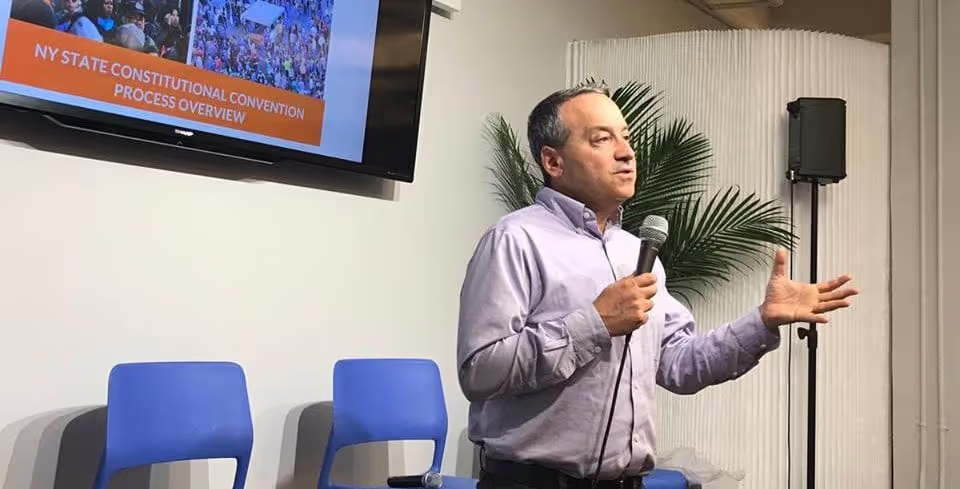
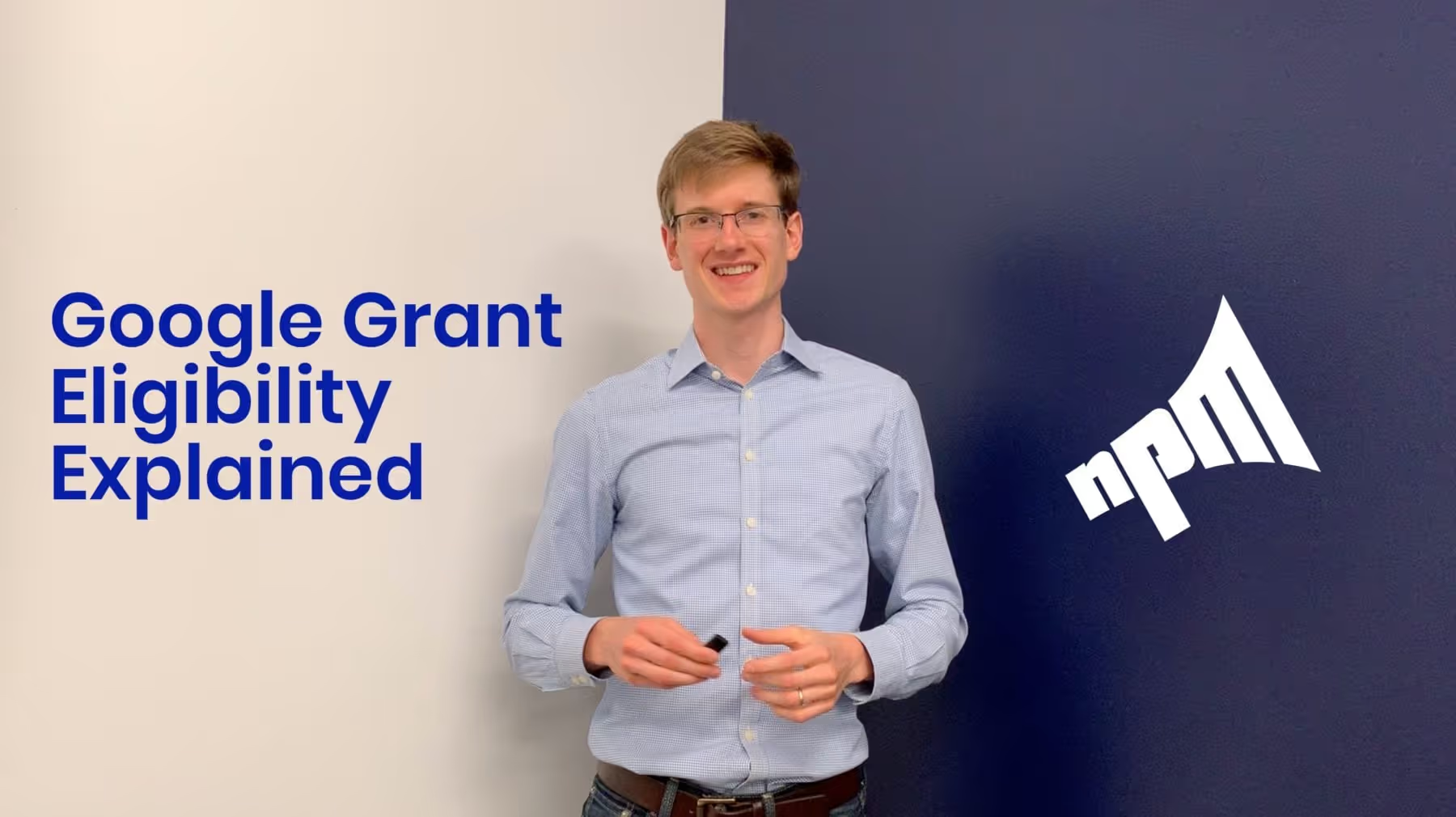







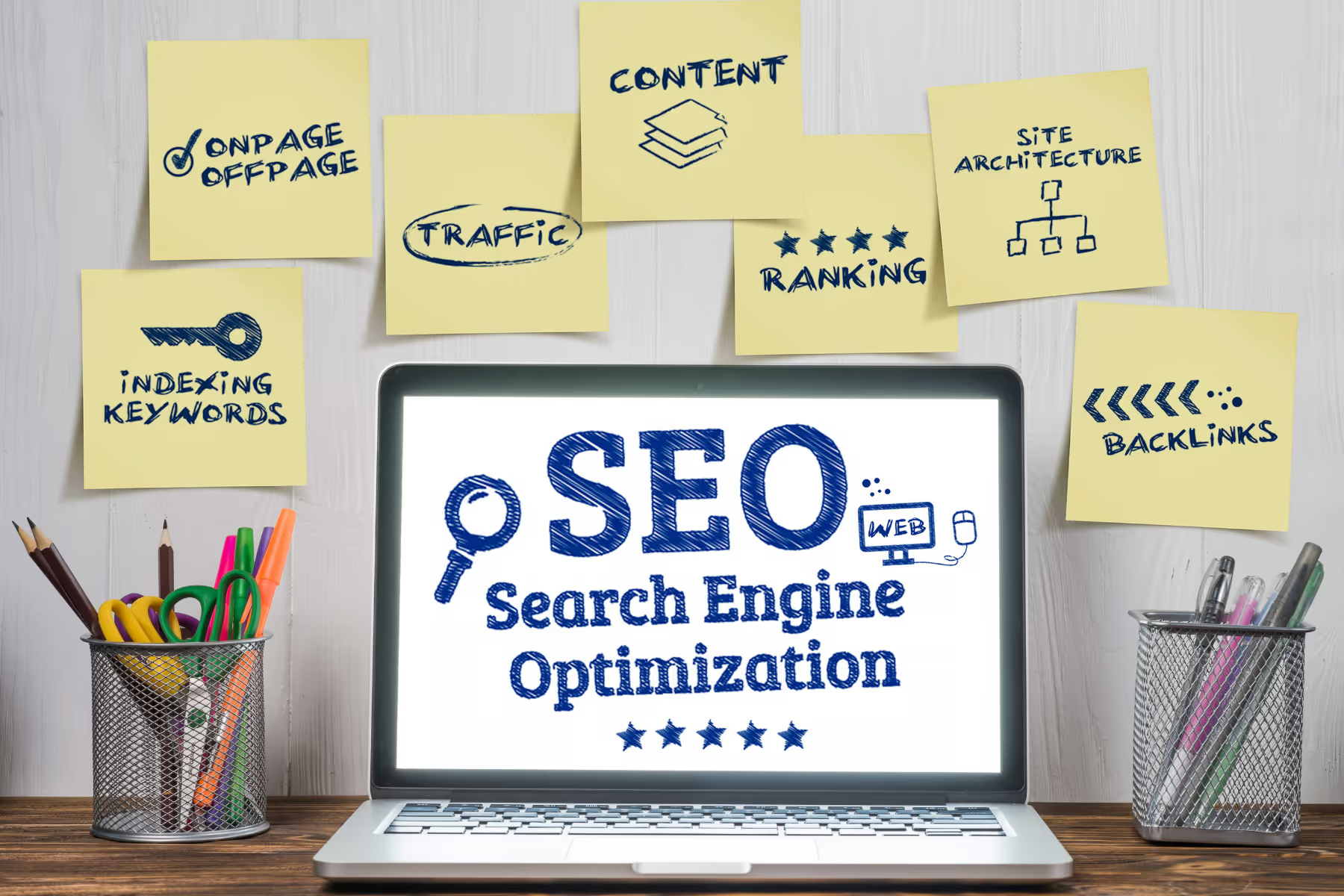








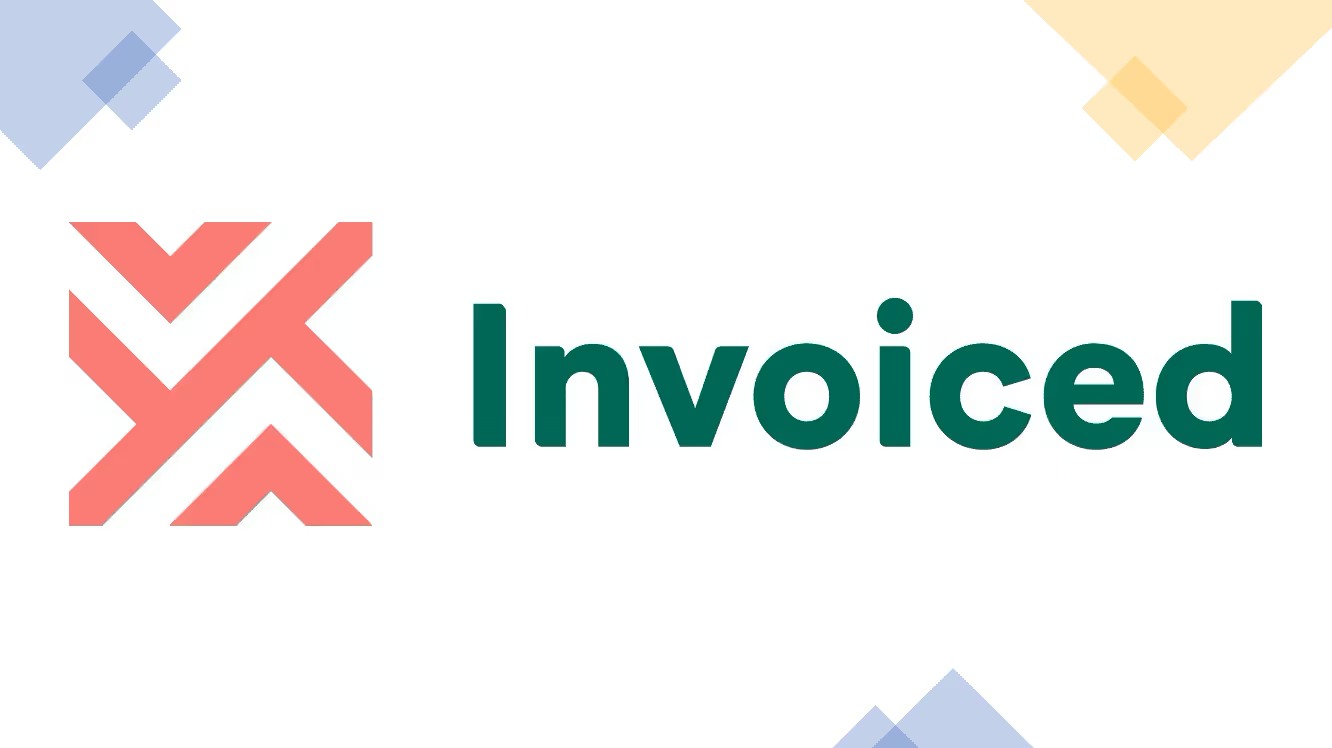

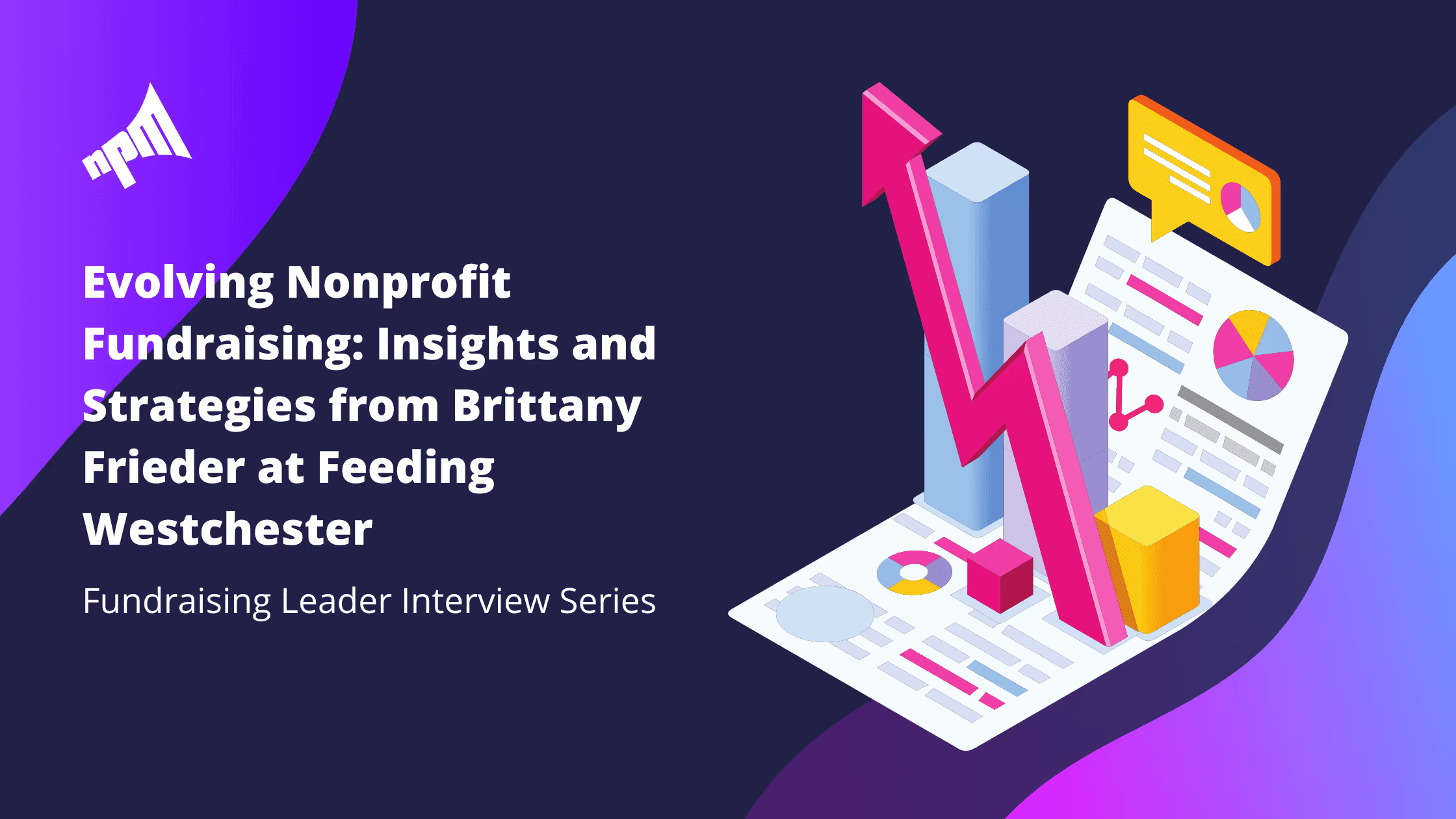
















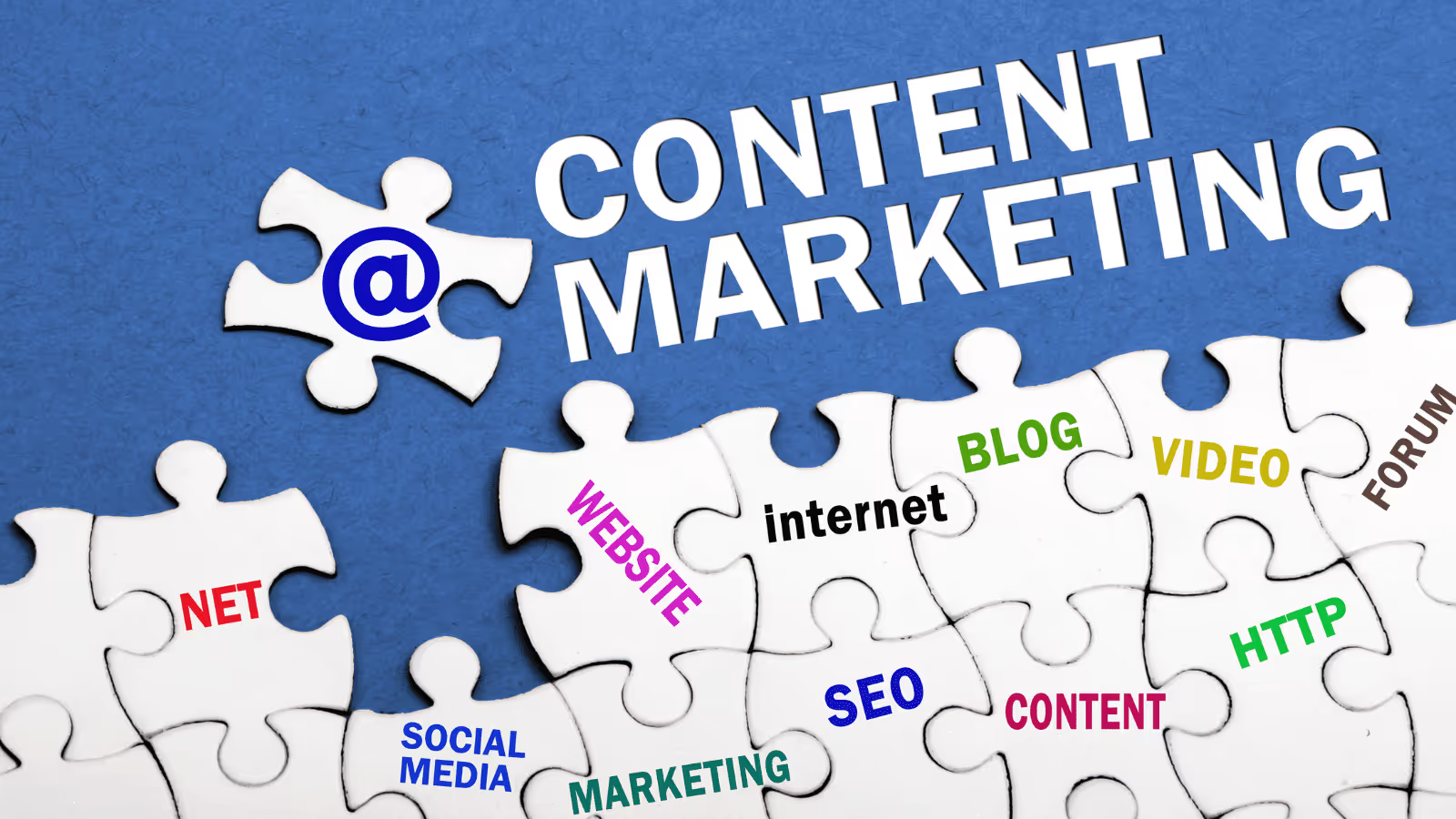









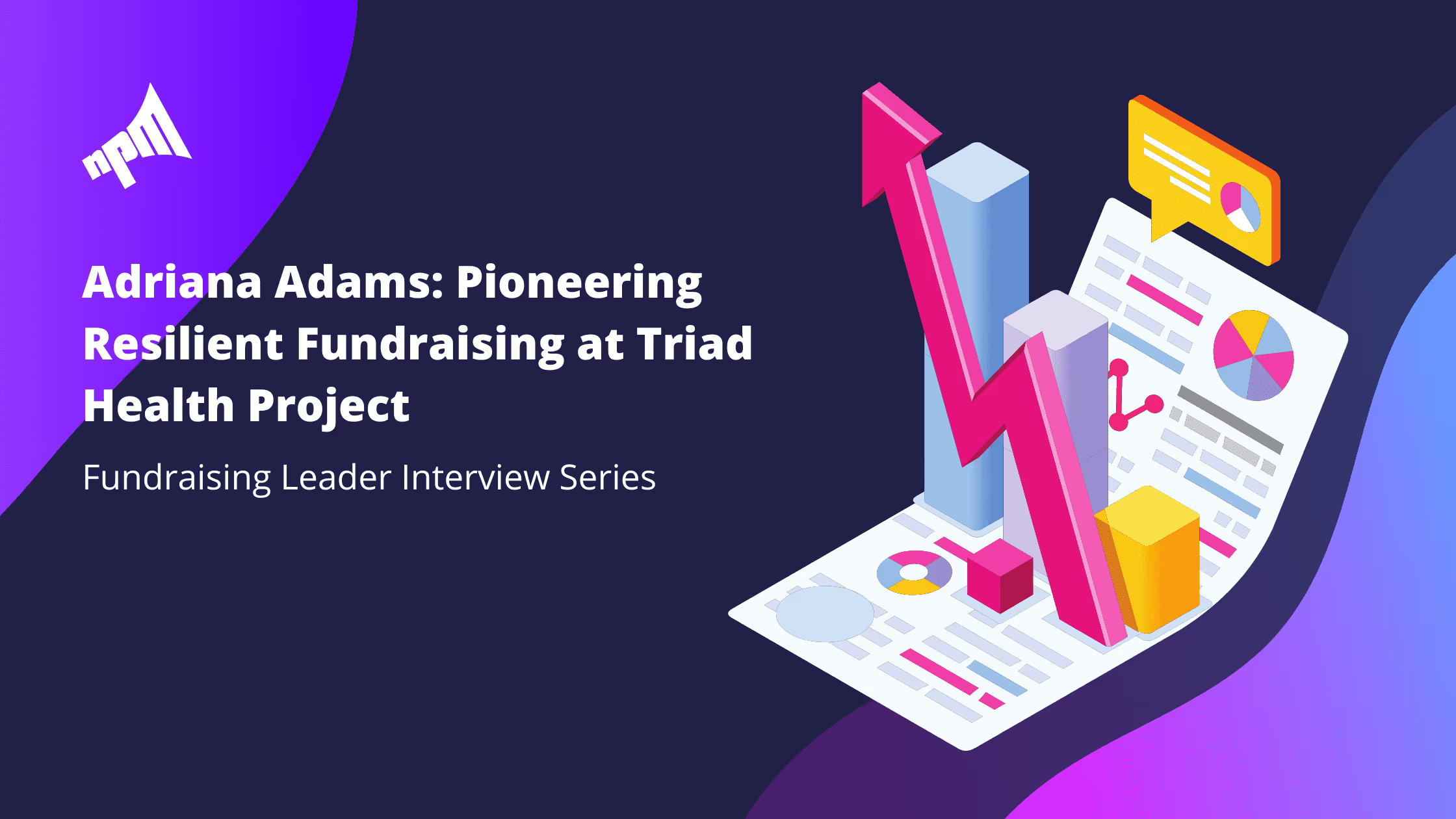

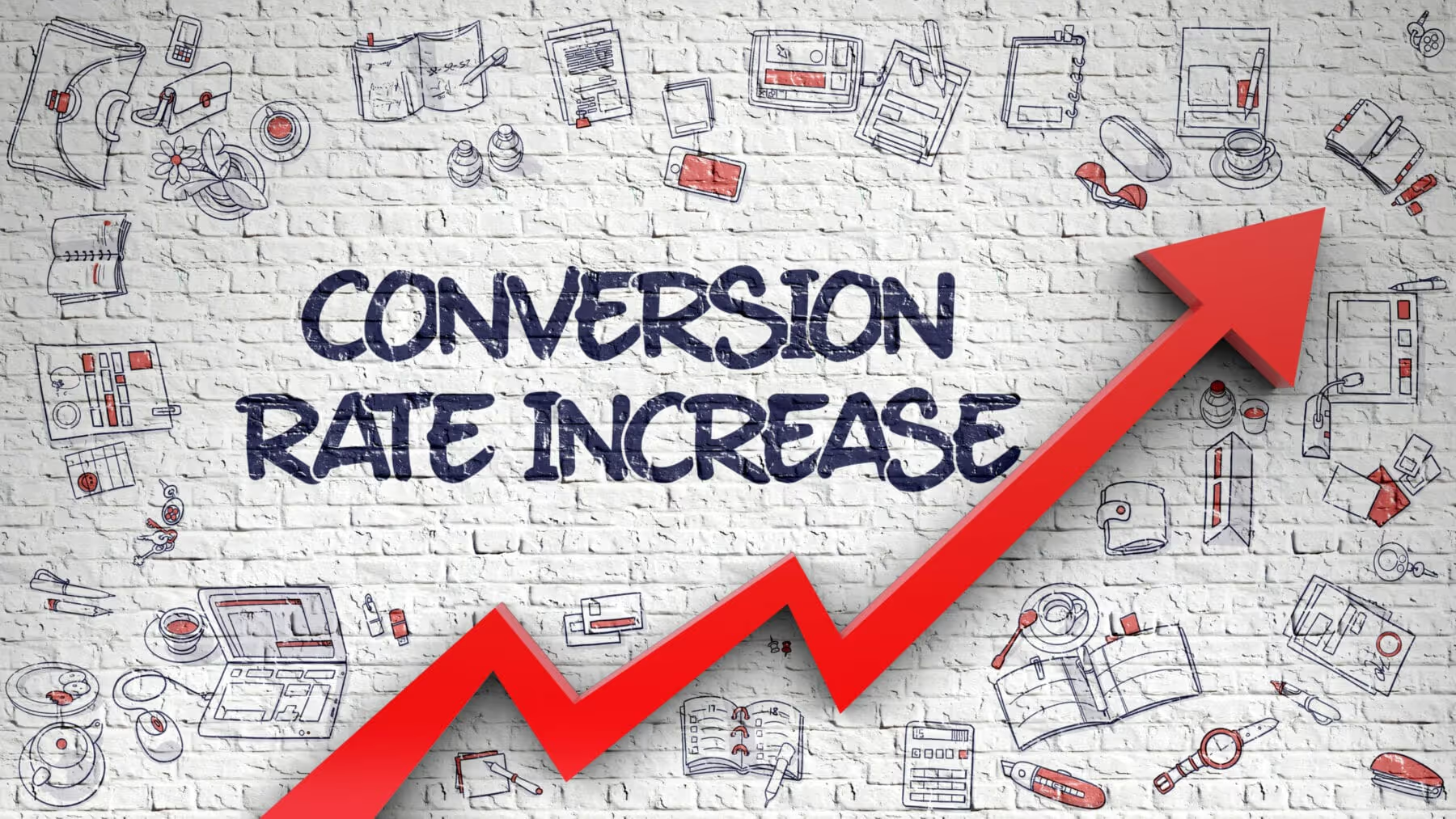





























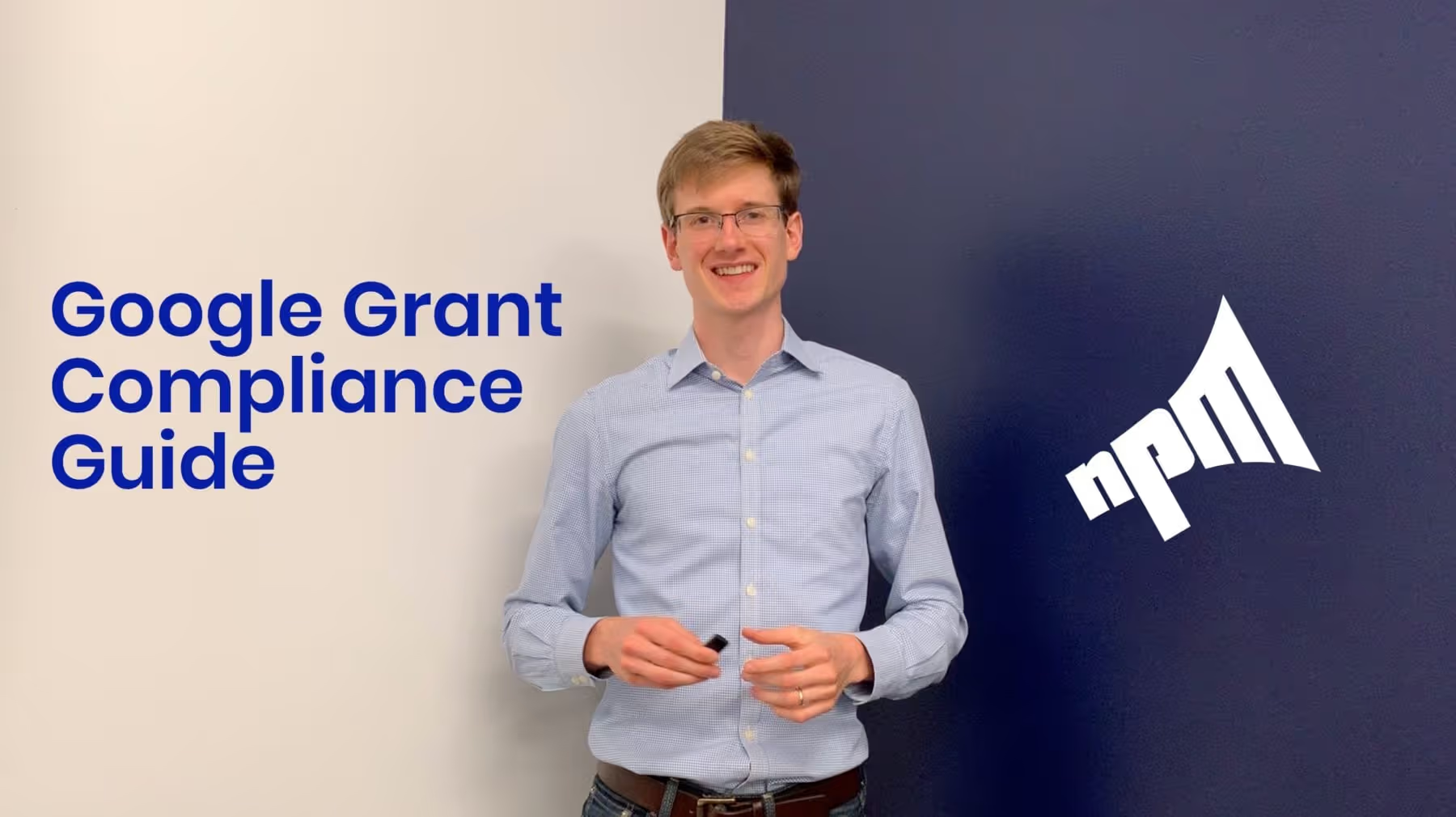


















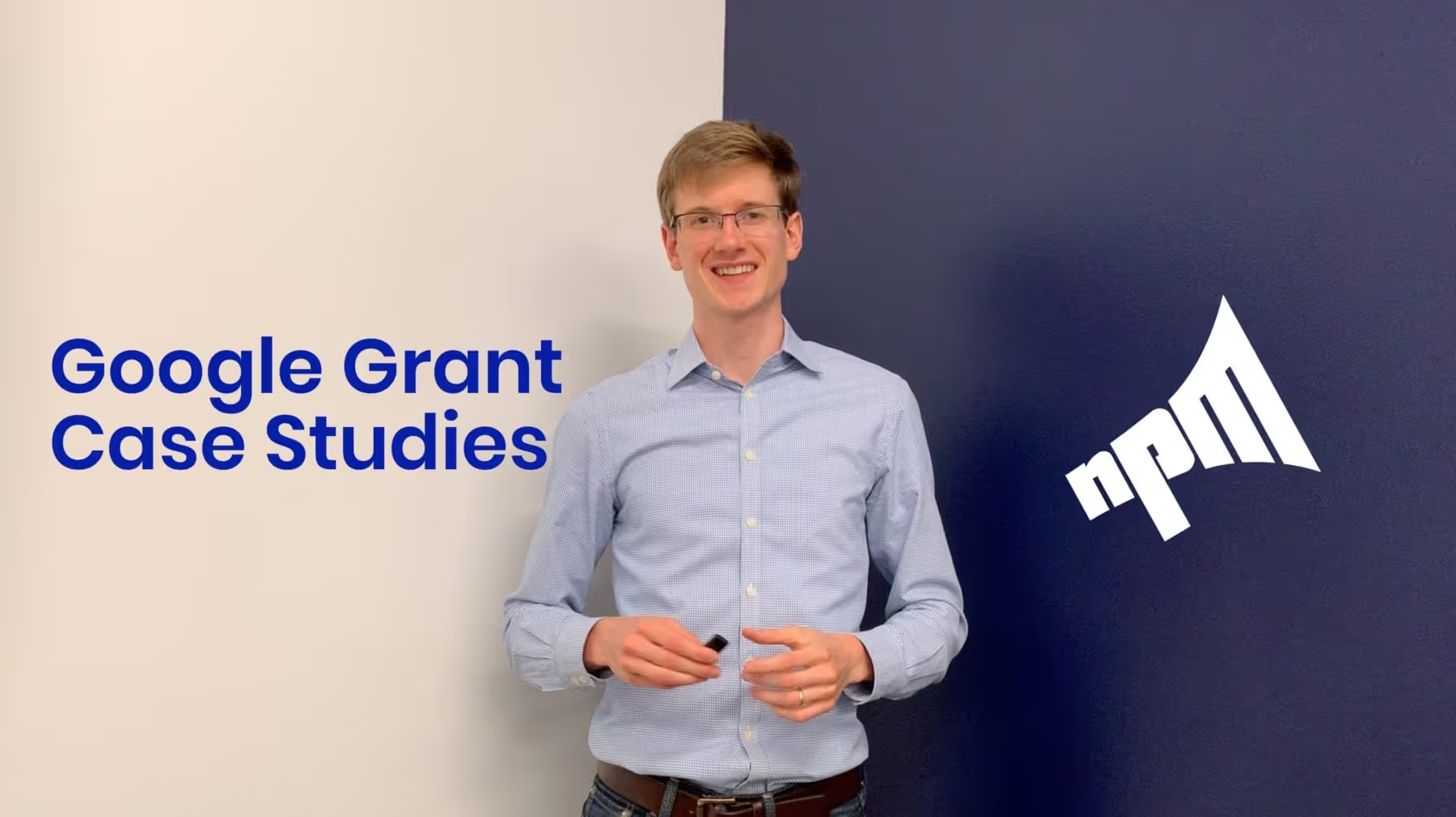





.svg)
.svg)
.svg)
.svg)